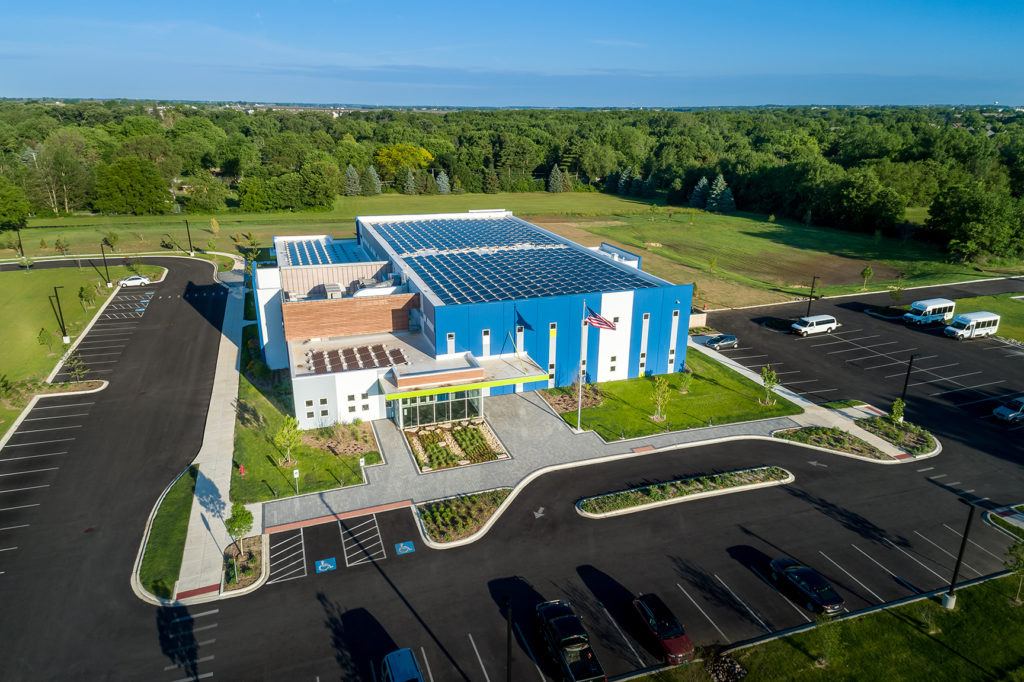Since 2016, the Foundation supported 19 Net Zero Energy Projects including schools/educational facilities, recreation centers, public housing facilities, municipal offices, public safety facilities and wastewater treatment plants. As of January 2023, 10 projects were completed and eight of those successfully demonstrated 12 consecutive months of Net Zero Operation.
- Passive House Institute US
- Passive House Commercial Resource Center
- For information on certifying non-residential projects, contact Lisa White at certification@passivehouse.us
- International Living Futures Institute
- Living Building Challenge
- For information on registering Living Building Challenge projects, contact lbc.support@living-future.org.
- New Buildings Institute
Prospective owners of net zero buildings should consider a performance-based design-build approach.
- Link to the owners page at the Design-Build Institute of America
- Read “The Design-Build Process for the Research Support Facility”
- Cost Control Strategies for Zero Energy Buildings
- DOE Energy Performance-Based Contracting
- Net Zero Definitions Document
- Integrated Project Delivery
- ComEd New Construction Service: provides financial incentives and technical assistance such as energy modeling for buildings greater than 5,000 square feet. Applicants are encouraged to apply in early design (schematic design or earlier is best). Special offers are available for projects pursuing net zero energy.
- ComEd Solar Incentives & Rebates

